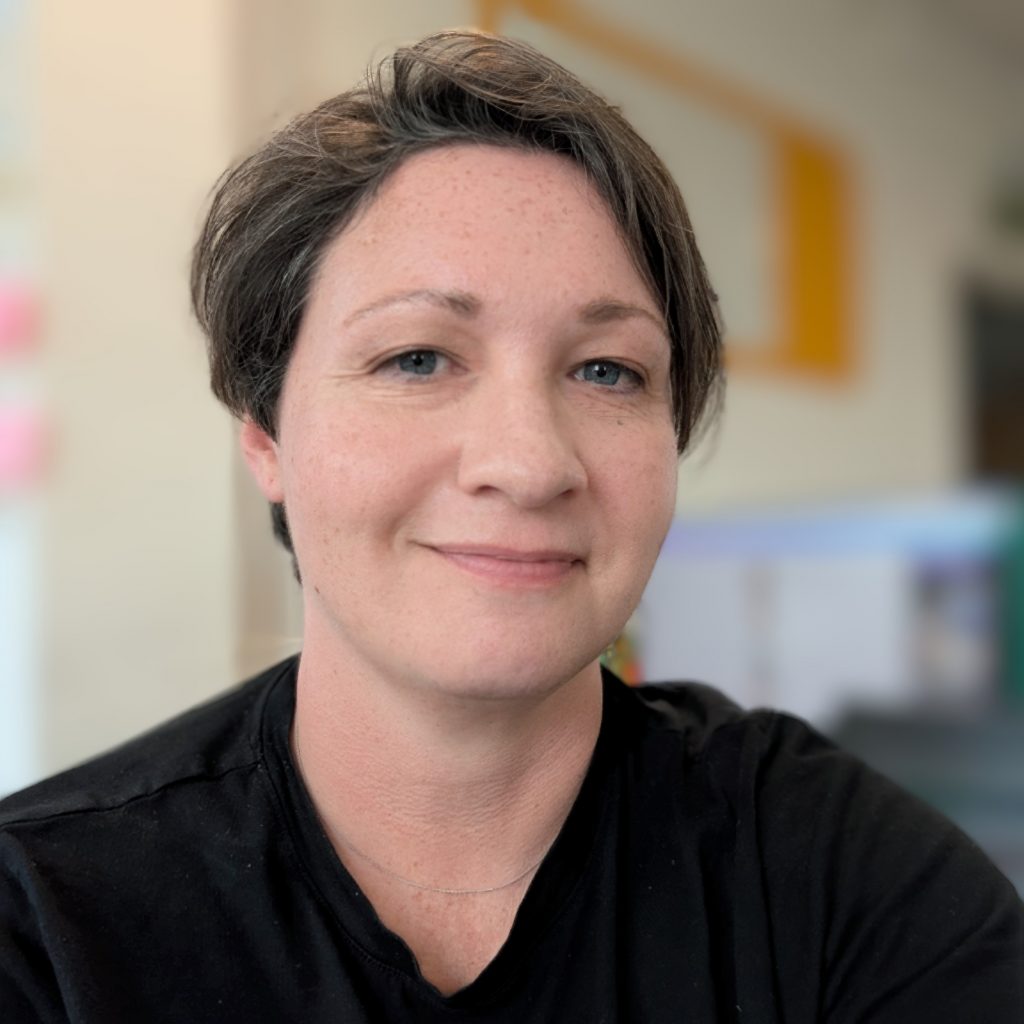If you’ve experienced childhood trauma, or Adverse Childhood Experiences (ACEs) – such as neglect, abuse, or witnessing domestic abuse – you may wonder whether therapy could help. Many adults with ACEs carry the weight of those early experiences into relationships, work, and even physical health.
In this post, we’ll explore when it might be time to seek therapy for ACEs and what you can expect during your very first session.
When Should You Consider Therapy for ACEs?
Not everyone who has ACEs will need therapy, but many find it life changing. You might consider reaching out for support if you notice:
- Persistent anxiety or depression that doesn’t seem to improve.
- Difficulty regulating emotions – feeling “too much” or feeling numb.
- Struggles in relationships, such as trust issues or fear of abandonment.
- Physical health concerns like chronic pain, headaches, or sleep issues linked to stress.
- Feeling stuck in patterns you can’t seem to break, even with effort.
Therapy is not just for crises – it can also be a proactive step toward resilience, self-compassion, and healthier connections.
What to Expect in the First Therapy Session
Starting therapy can feel intimidating, especially if trust was hard to come by growing up. Knowing what to expect can make the process feel less overwhelming.
Here’s a breakdown of what usually happens in a first session:
- Getting to Know Each Other
When we first meet I will explain my approach, how I usually work, and invite you to share what brings you to therapy. - Discussing Your History
You won’t have to share everything right away. I may ask some questions about your background, current challenges, and goals for therapy. - Creating a Safe Space
The first session is about building trust. You can go at your own pace and share only what feels comfortable. - Exploring Next Steps
Together, you and I will create a plan for moving forward. This might include learning coping tools, exploring past experiences, or focusing on current challenges.
How Therapy Helps People with Childhood Trauma
Therapy offers more than just talking about the past. It provides:
- Validation: Recognising that what you went through matters.
- New tools: Over time learning grounding, self-regulation, and communication strategies.
- Healing relationships: Practicing trust and safety in a supportive setting.
- Hope for the future: Building resilience and breaking free from old patterns.

Seeking therapy for Adverse Childhood Experiences is a courageous step. If you recognise yourself in some of the signs above, know that you don’t have to navigate this alone. The first session is simply a conversation – a chance to explore whether this could be the right path for you.
Your past may shape you, but it does not define your future. Get in touch to arrange a phone call.
What are ACEs?
ACEs, or Adverse Childhood Experiences, refer to difficult events like neglect, abuse, or family instability that happen before age 18. They can affect long-term health and well-being.
How do I know if I need therapy for ACEs?
If you notice ongoing anxiety, depression, trust issues, or patterns that feel hard to change, therapy for ACEs can help you heal and move forward.
What happens in the first therapy session?
Your first session usually includes introductions, sharing your goals, discussing your background at your own pace, and planning next steps with your therapist.
Can ACEs really be healed in therapy?
Yes. While the past can’t be changed, therapy helps people process trauma, learn coping skills, and build healthier relationships. Healing is absolutely possible.
Is therapy only for people with severe trauma?
Not at all. Therapy can benefit anyone with ACEs, whether the impact feels mild or overwhelming. It’s about support, growth, and creating a healthier future.